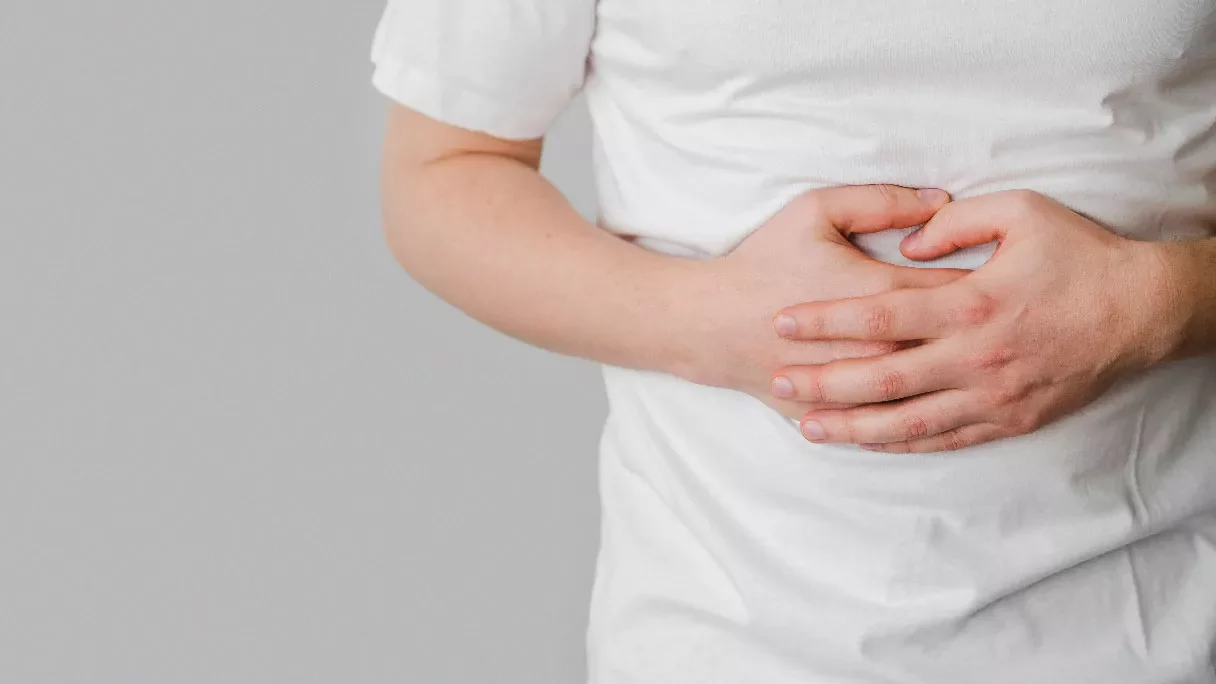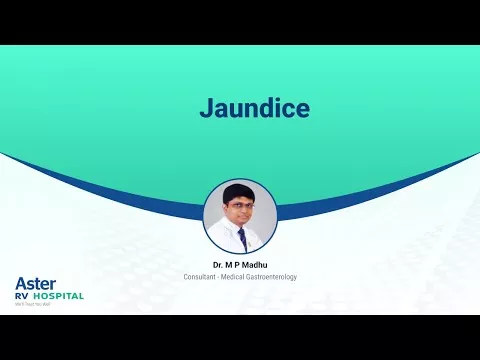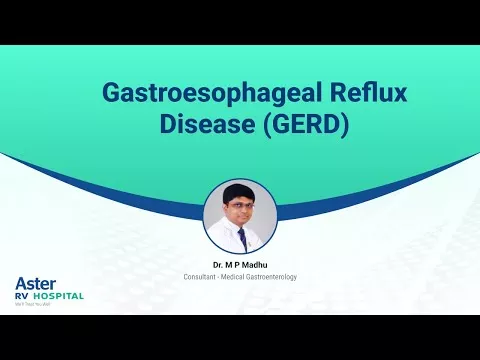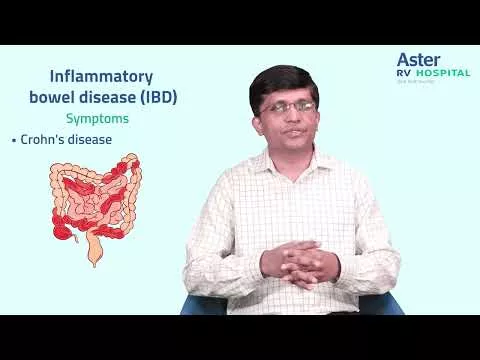1. What is acidity and how does it (GERD) happen?
Before knowing about acidity, let us understand our normal digestive system. The digestive system has an esophagus, stomach, small and large intestine. Once we eat food, it goes through a passage called the esophagus and gets stored in a reservoir called the stomach. Food is usually stored in the stomach for 3-4 hours.
Digestion of food starts in the stomach with the help of acid, enzymes produced within the stomach. Acid is required for the absorption of vitamins, calcium, and iron. The acid will be produced in the stomach every time we take food. Therefore, it is an integral part of our body.
Normally food has to move in one direction from mouth to intestine. Whenever there is a reverse movement of food and or Acid from the stomach to the esophagus is called Reflux disease
2. What is the literal meaning of GERD?
G - Gastro or stomach.
E - Esophageal / Esophagus.
R - Reflux.Reverse Movement of acid/food from the stomach into the esophagus.
D - Disease.
3. What are the symptoms of GERD?
Two classical symptoms are –
Heartburn – Burning sensation in the center of the chest.
Regurgitation/ Burping – Reflux of gas or food from the stomach.
Less common are nausea, vomiting, saltwater in the mouth, and hiccups.
4. What are food items to avoid in GERD?
Citrus items like- Lime, orange, and tomatoes.
Coffee, tea.
Chocolates, soft drinks.
Spicy foods.
Smoking and alcohol.
5. Any medical conditions or tablets that can worsen GERD?
If you have diabetes, thyroid problem, overweight- then GERD can be more.
So adequate control of sugars, regular thyroid tablets, and weight reduction, helps in the improvement of GERD.
If you take pain killers, multiple tablets, or blood thinners- then GERD is also common.
6. How GERD is treated?
Initially, GERD can be treated with tablets called antacids (H2 blockers or Proton pump inhibitors) for 4-6 weeks. These tablets are taken in the morning 30 minutes before breakfast.
7. When to get an endoscopy done?
If symptoms persist even after 4-6 weeks of antacids.
Or if you have Loss of appetite, loss of weight.
Persistent vomiting for more than 2 weeks.
Blood in vomiting,
Painful swallowing and difficulty in swallowing,
If you are more than 45 years and previously endoscopy was not done.
8. What is seen during the endoscopy?
The endoscopist will see the lining of the food pipe.
Including.
Esophageal ulcerations,
Erosions,
Loose Esophageal sphincter (LES)
Hiatus hernia
H pylori infection.
Stomach polyps / Malignancy.
9. I’m not improving even after many days of antacid tablets – then what to do?
If the condition is not improving even after many days of antacid tablets, then better get an endoscopy done – if not done previously.
You can also get HRM- High-Resolution Esophageal manometry to rule out esophageal motility (movement problems) disorders.
As well as, 24 hours PH study to document reflux as well to decide regarding the need for surgery like Laparoscopic fundoplication.
Get in touch with the Best Gastroenterology hospital in Bangalore - Aster RV Hospital in JP Nagar

















